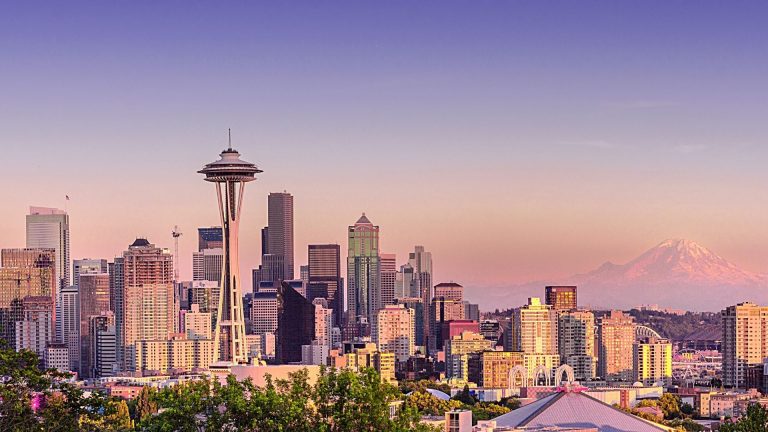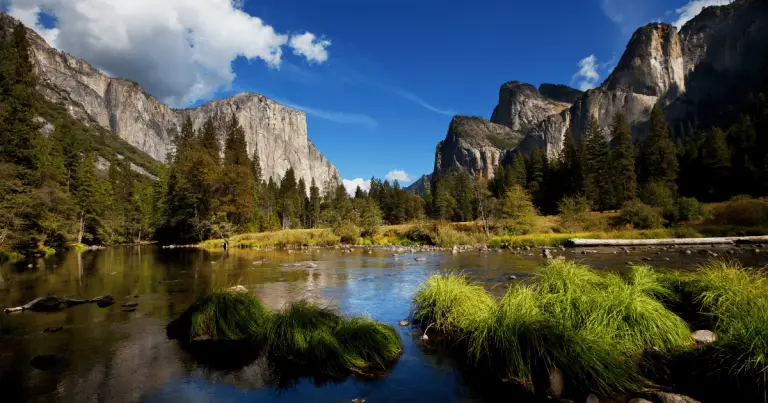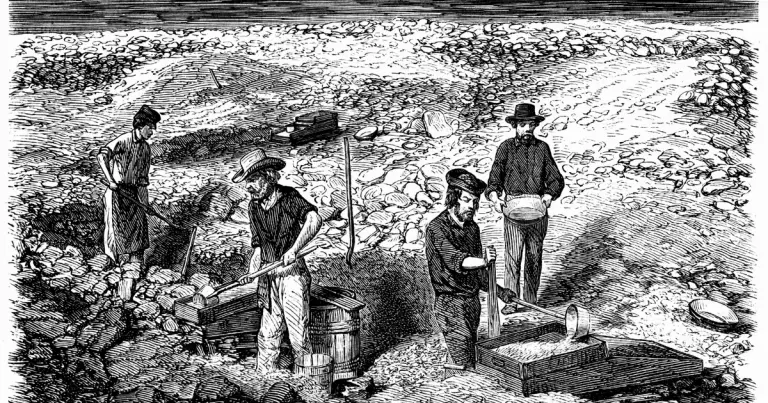SF Climate Week: Fostering Sustainability Through Collaboration
SF Climate Week is an event focused on combating climate change and promoting sustainability. San Francisco is at the forefront of climate action, making it an ideal location for such an event. People from all walks of life attend, including experts, politicians, and concerned citizens. It is a rallying call for all to participate in the climate movement and contribute towards building a sustainable future.
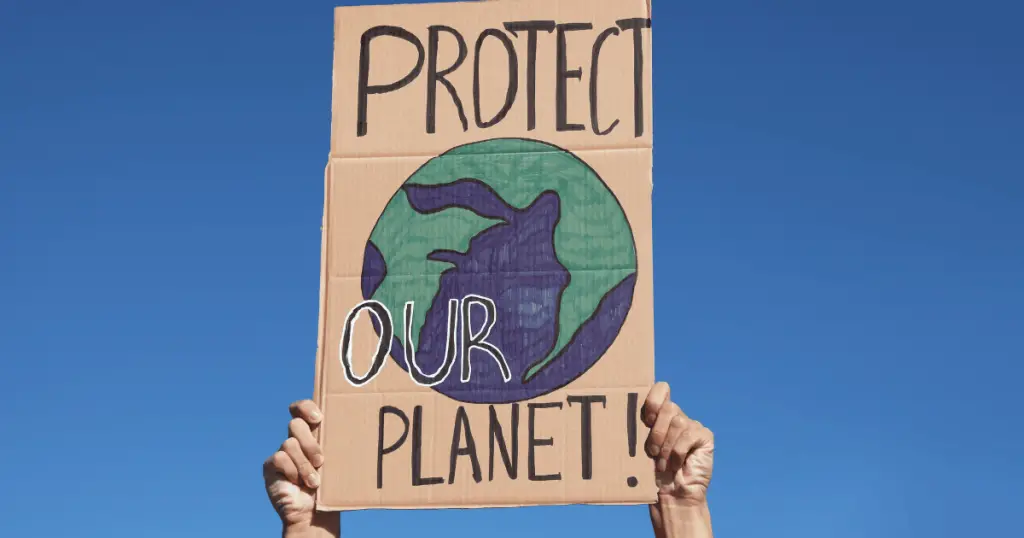
San Francisco’s Commitment to Climate Action
San Francisco, renowned for its innovative and forward-thinking approach, has been at the forefront of climate action. The city has made ambitious commitments, targeting net-zero greenhouse gas emissions by 2050 and 100% renewable electricity by 2030.
Championing numerous environmental initiatives, San Francisco places sustainability at the heart of its urban development plans, exemplifying how cities can combat climate change.
Event Timeline and Activities
San Francisco Climate Week took place from April 17-23, 2023. Usually, the event kicked off with an opening ceremony on Monday morning and featured various sessions, workshops, and activities throughout the week.
Each day is dedicated to a particular theme, ranging from renewable energy and conservation efforts to climate policy and advocacy. There are expert-led sessions during the day, focusing on specific climate change and sustainability aspects.
These sessions include panel discussions, keynotes, and breakout groups, offering in-depth insights into various areas of climate action.
The evenings are generally reserved for networking events, allowing attendees to connect with others in the climate movement, exchange ideas, and form new partnerships.
Interactive workshops and art installations centered around climate change are also part of SF Climate Week, aiming to engage the public and creatively promote environmental consciousness.
Please note that the specific dates and times for each SF Climate Week vary year by year. The official SF Climate Week website contains specific details about the schedule and activities.

Featured Speakers and Participants
SF Climate Week draws a diverse and dynamic lineup of speakers, participants, and attendees, each contributing their unique perspectives and expertise to the climate conversation. Prominent figures from various fields – science, policy, activism, industry, and more – grace the event, lending their voices to the urgent call for climate action.
In previous years, the event has welcomed notable climate scientists, leading environmental activists, innovative tech entrepreneurs, and high-ranking public officials. They share their insights, research findings, and innovative solutions, inspiring attendees and fostering a rich dialogue on sustainability and climate change.
Moreover, SF Climate Week also encourages participation from local communities and grassroots organizers, who play an essential role in driving climate action at the ground level. Community leaders, local entrepreneurs, and youth activists are often invited to share their experiences, highlighting the importance of localized and inclusive climate solutions.
Main Topics Discussed at SF Climate Week
Climate Week in San Francisco brings forward various important climate change and sustainability topics. The event aims to cover a comprehensive range of issues tied to the global environmental crisis, ensuring a thorough discourse on the multifaceted challenge of climate change.
A central topic of discussions often revolves around renewable energy, exploring the prospects and challenges of transitioning to a greener energy future. Experts shed light on the latest advancements in solar, wind, and other renewable technologies and discuss policies and programs aimed at promoting their adoption.
Another key subject of focus is conservation efforts. Sessions might delve into the importance of preserving biodiversity, the role of reforestation in carbon sequestration, and the need for sustainable agricultural practices.
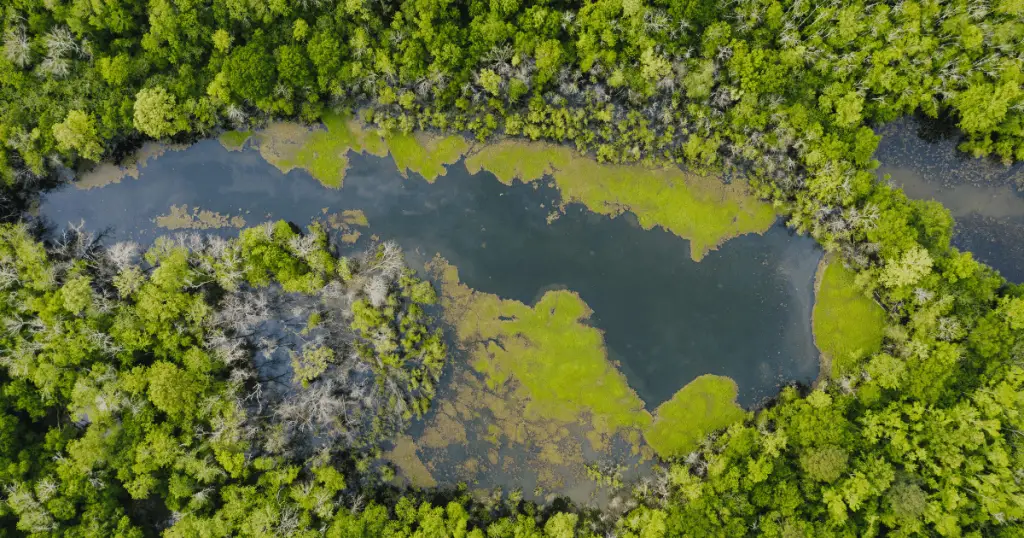
Discussions on Climate Action and Policy at San Francisco’s Climate Week
Climate policy and advocacy also form an integral part of the discourse. Discussions frequently revolve around legislative measures, international climate treaties, and the role of political will in combating climate change.
Innovation and technology in climate action are also highly prioritized. Attendees learn how cutting-edge technologies, like AI, blockchain, or bioengineering, can be harnessed to mitigate and adapt to climate change.
Finally, environmental justice is often explored, highlighting the socioeconomic disparities exacerbated by climate change and the need for equitable, inclusive solutions.
Conversations may examine the intersection of climate change with issues of race, poverty, and social justice, underlining the importance of a just transition to a sustainable future.
These topics, among others, form the core of the discourse at SF Climate Week, fostering a comprehensive understanding of the complexities of climate change and the collective effort required to tackle it.
SF Climate Week plays a pivotal role in shaping policy discussions at both local and global levels. This influential platform sees experts, activists, and policymakers come together to elucidate and exchange ideas on the various facets of climate change, informing and steering the direction of environmental conservation and sustainability policies.
Dialogue at SF Climate Week often serves as a precursor to legislative proposals or reforms, highlighting key areas for intervention and paving the way for progressive, effective policies.
Moreover, the event also serves as a powerful advocacy tool, raising public awareness and influencing public opinion on climate issues, which can pressure policymakers to act. Therefore, SF Climate Week facilitates the proliferation of knowledge and solutions and serves as an impactful catalyst for driving policy change.
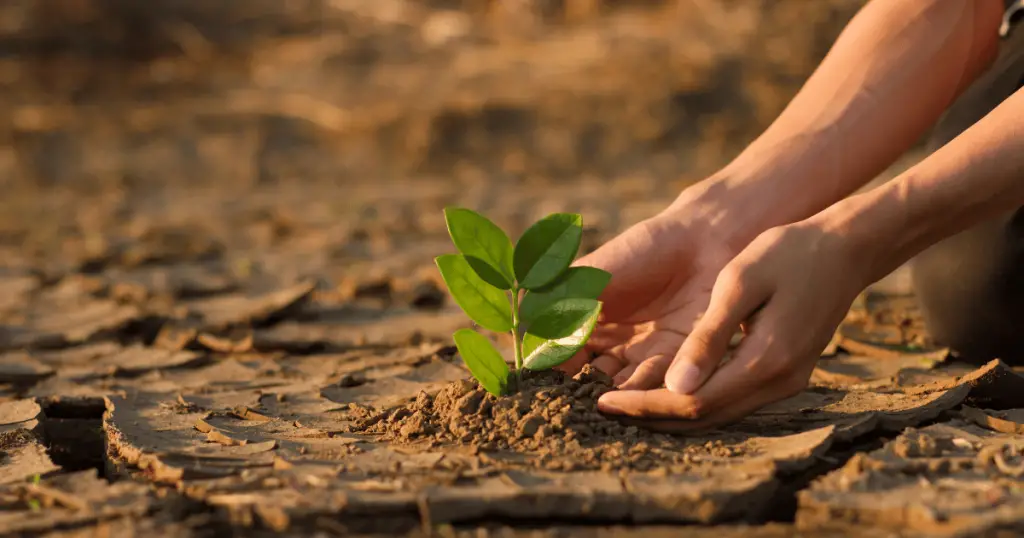
SF Climate Week’s Sustainable Practices
SF Climate Week is committed to practising what it preaches by consciously minimizing its environmental footprint. The event organizers incorporate sustainability into every aspect of the event planning, from the choice of venue to the selection of vendors.
Efforts to reduce carbon emissions are central to these initiatives. For instance, the event encourages attendees to use public transportation, carpooling, bicycling, or walking to get to the venue, thereby minimizing the carbon emissions associated with travel.
Electronic communication is prioritized for all event correspondence, reducing the need for paper and the associated deforestation and waste.
Regarding venue, preference is given to locations that utilize renewable energy sources and follow green building principles. The event also emphasizes waste reduction, with recycling and composting facilities readily available. Single-use items are discouraged, and attendees are urged to bring their reusable water bottles and bags.
Catering at the event also adheres to sustainable principles, with food and drink sourced from local, organic farms to support local economies and reduce carbon emissions from transportation.
In addition, vegetarian and vegan food options are often provided to promote less resource-intensive and environmentally friendly diets.
SF Climate Week demonstrates its commitment to reducing its environmental impact through these and other measures, serving as a model for other events and organizations.
Collaborations and Partnerships at SF Climate Week
Partnerships and collaborations form a crucial cornerstone of SF Climate Week. The event believes in the power of collective action and, thus, diligently fosters connections with a wide array of partners.
These partners range from local and international non-profit organizations and environmental advocacy groups to corporate entities that share the goal of tackling climate change. Collaborations also extend to academic institutions, research centers, and think tanks that contribute valuable scientific insights and data to the discussions.
Corporate partnerships offer a platform for businesses to showcase their sustainability initiatives and endorse responsible corporate behavior.
These partnerships often result in fruitful dialogues about sustainable business practices, corporate social responsibility, and the role of businesses in driving environmental change.
Partnerships with educational institutions and research centers provide a foundation for evidence-based discussions. These collaborations bring scientific research to the forefront, ensuring that the discourse at SF Climate Week is grounded in the latest data and findings.
Additionally, collaborations with grassroots organizations and community groups ensure the dialogue remains inclusive and representative of diverse perspectives. These partnerships bring to light unique, community-driven strategies for combating climate change, infusing the event with a rich tapestry of localized solutions.
Through these various collaborations, SF Climate Week addresses the climate crisis from a multifaceted and holistic perspective. These partnerships enrich the discourse and contribute to building a strong, united front against climate change.
Conclusion: SF Climate Week
SF Climate Week stands as a testament to the power of collaborative effort in tackling the global climate crisis. It has carved out a unique niche in the environmental landscape by fostering a rich dialogue on the complexities of climate change, promoting sustainable practices in event management, and nurturing varied collaborations. It serves as a crucial hub of knowledge exchange and an agent of change, driving public awareness and policy discussions around sustainability. SF Climate Week underscores the importance of united action. It paves the way for a more sustainable and equitable future, making it an invaluable platform in the fight against climate change.


